On September 28, the spokesman for the Israel Defense Forces (IDF), Lieutenant Colonel Nadav Shoshani, announced that the country's military was on high alert and ready for a large-scale escalation of the war. The statement was made after the IDF announced that the supreme leader of the Hezbollah movement in Lebanon, Hassan Nasrallah, was killed in an airstrike on the evening of September 27.
Hezbollah's top leader killed
Lieutenant Colonel Nadav Shoshani said the Israeli military was focusing on “eliminating threats,” including using cruise missiles to strike Hezbollah targets.
According to Mr. Shoshani, the Israeli military's attacks are discussed with a team of legal experts and the damage is considered. Mr. Shoshani added that Israel has many tools and is ready to use them in case of launching a military campaign on the ground in Lebanon.
Earlier, after receiving accurate intelligence from the IDF and Israeli security agencies, IDF F15I fighter jets carrying bunker-busting bombs conducted an attack on Hezbollah's headquarters located below a residential building in Dahieh in the capital Beirut.
In addition to Nasrallah, Ali Karki, commander of Hezbollah's Southern Front, and several other Hezbollah commanders were also killed in the airstrike. An Israeli military spokesman declined to comment on reports that the Israeli military used US-made Mark 84 guided bombs in the attack.
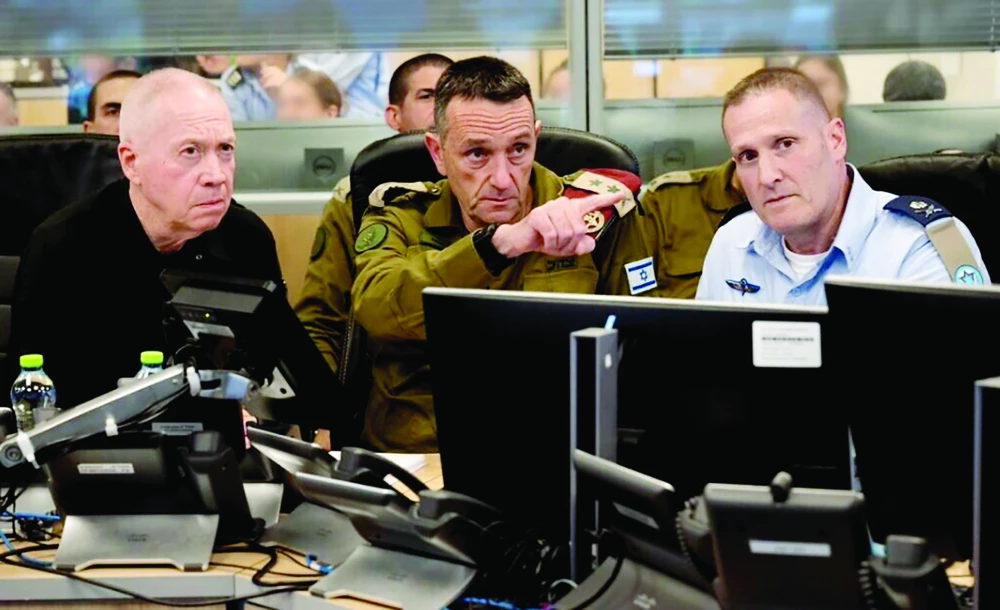
A source close to Hezbollah said the Israeli air strikes leveled six buildings. It was the heaviest attack on Beirut in nearly a year of conflict between Hezbollah and Israel. Hezbollah confirmed the death of its leader Hassan Nasrallah and vowed to continue its war with Israel.
Not stopping the attack
According to The Guardian newspaper in the UK, Mr. Hassan Nasrallah, 64 years old, has led Hezbollah for the past 3 decades. He led Hezbollah in wars against Israel and participated in the conflict in neighboring Syria.
Israel described him as “the central decision-maker and strategic leader of Hezbollah.” According to observers, Nasrallah’s death will be a huge loss for the Hezbollah armed group in the future.
Hamas in the Gaza Strip has expressed its condolences after the death of Hassan Nasrallah, saying his death will “further fuel” the fight against Israel. The Iraqi Prime Minister’s Office announced three days of mourning for Hassan Nasrallah. Iran’s Foreign Ministry issued a statement saying Hezbollah leader Hassan Nasrallah’s struggle will continue and his goal of “liberating Jerusalem will be realized.”
Hezbollah's second-in-command Hashem Safieddine, who could succeed Hassan Nasrallah, was also said to be among the targets of an Israeli airstrike on the evening of September 27.
IDF Chief of Staff Herzi Halevi said on September 28 that the airstrike targeting Hezbollah’s leadership was the result of a long period of preparation. According to Herzi Halevi, the “elimination” of Hezbollah’s supreme leader “is not the end of Israel’s actions.”
The Israeli military said it was calling up additional reserves, deploying three reserve battalions to various hot spots in Israel. Meanwhile, two brigades have been deployed to northern Israel to train for a possible ground invasion.
Regional sources said Iran has stepped up security for Supreme Leader Ali Khamenei. He has been moved to a safe location with tight security.
DO CAO synthesis
Source: https://www.sggp.org.vn/israel-san-sang-cho-cuoc-chien-tren-dien-rong-voi-hezbollah-post761211.html




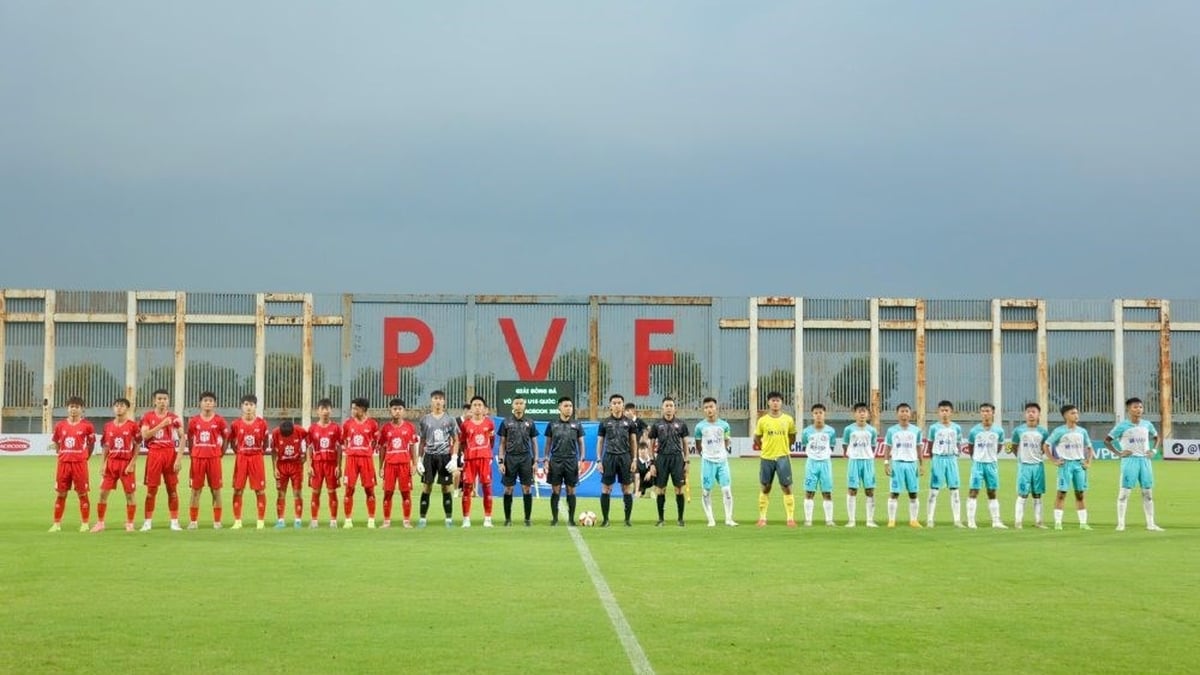

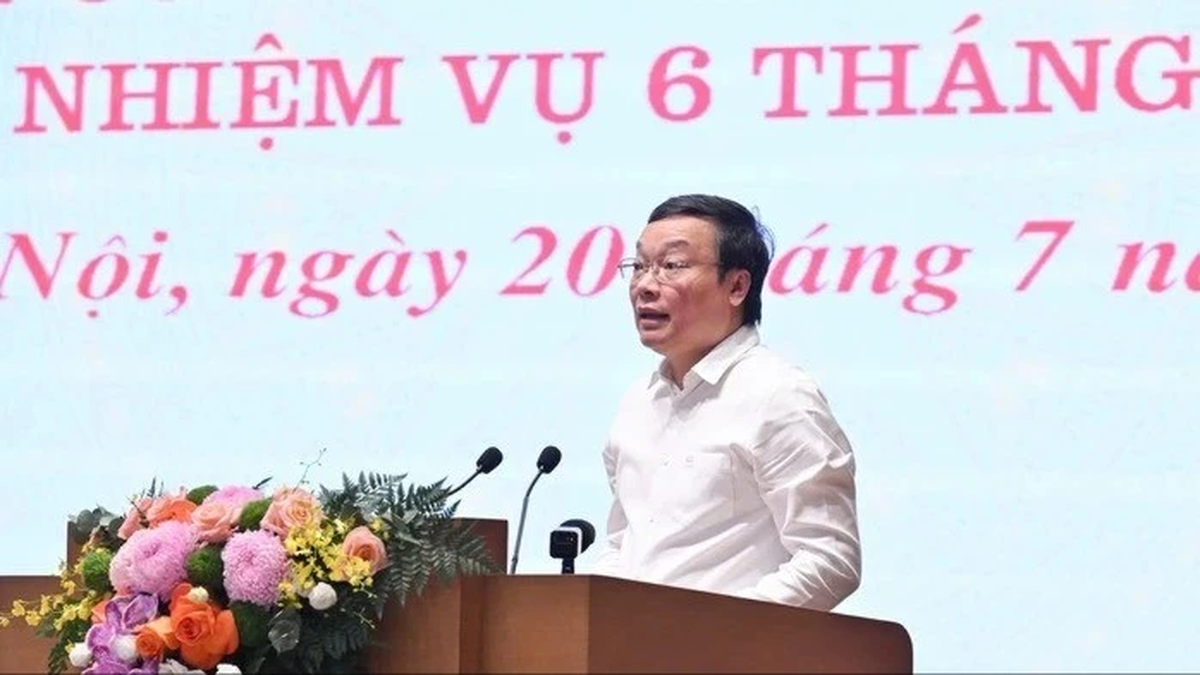
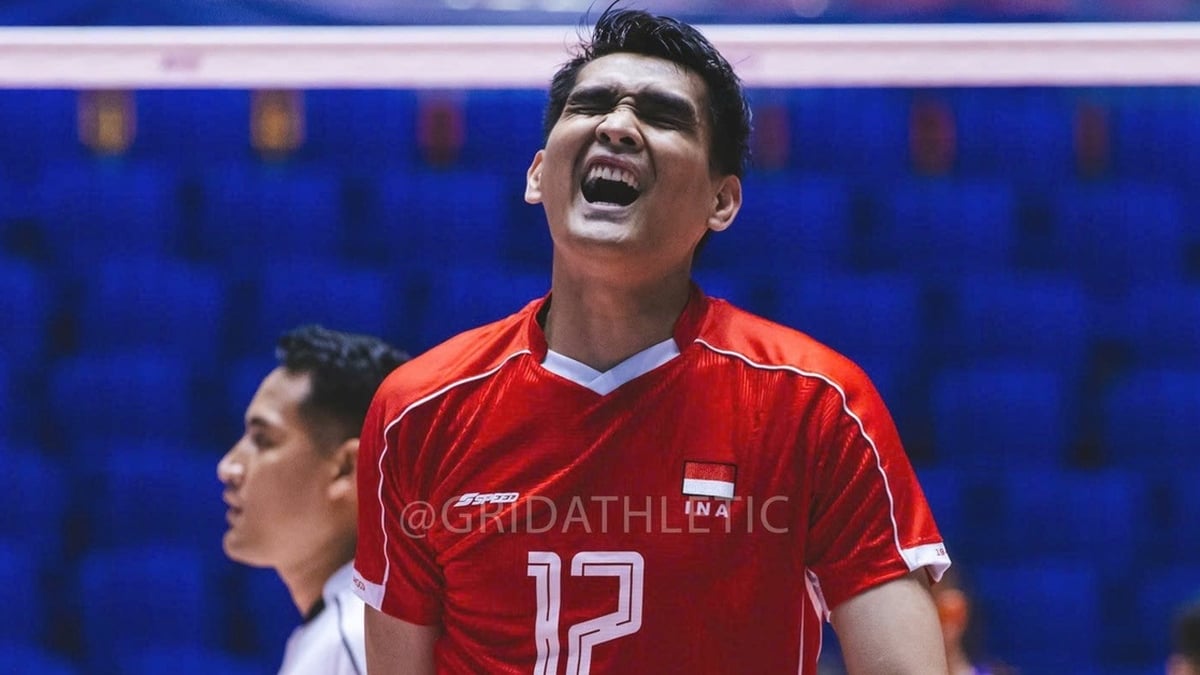

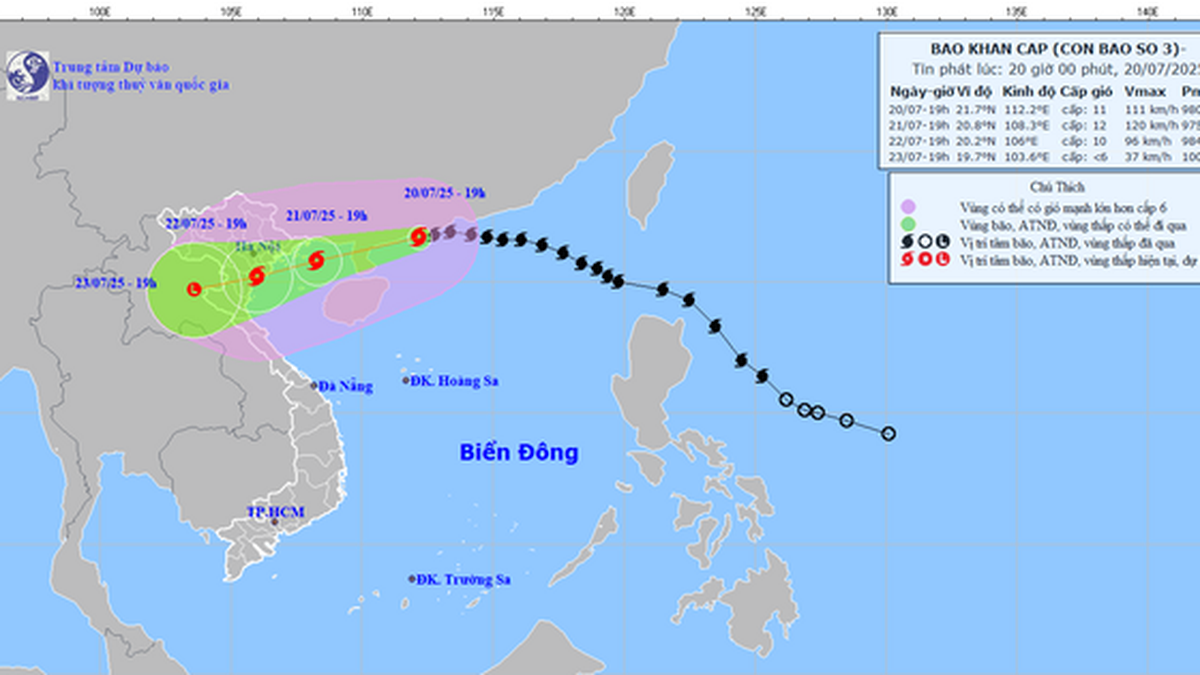

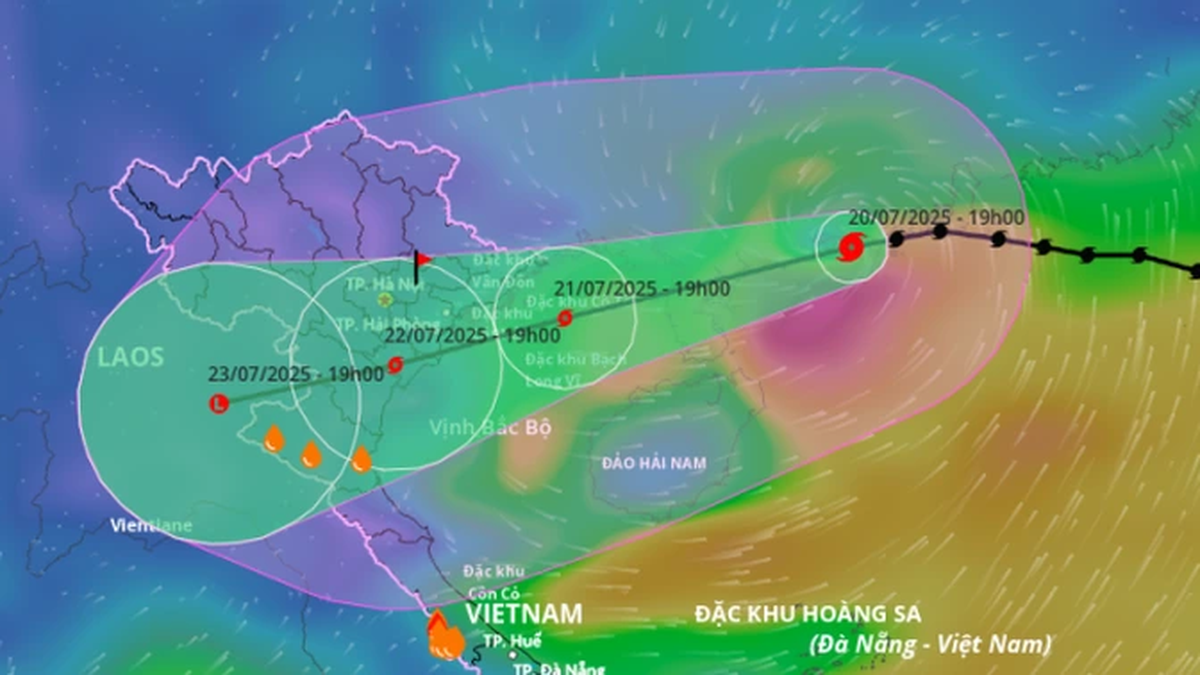
















![[Photo] National Assembly Chairman Tran Thanh Man visits Vietnamese Heroic Mother Ta Thi Tran](https://vphoto.vietnam.vn/thumb/1200x675/vietnam/resource/IMAGE/2025/7/20/765c0bd057dd44ad83ab89fe0255b783)




































































Comment (0)